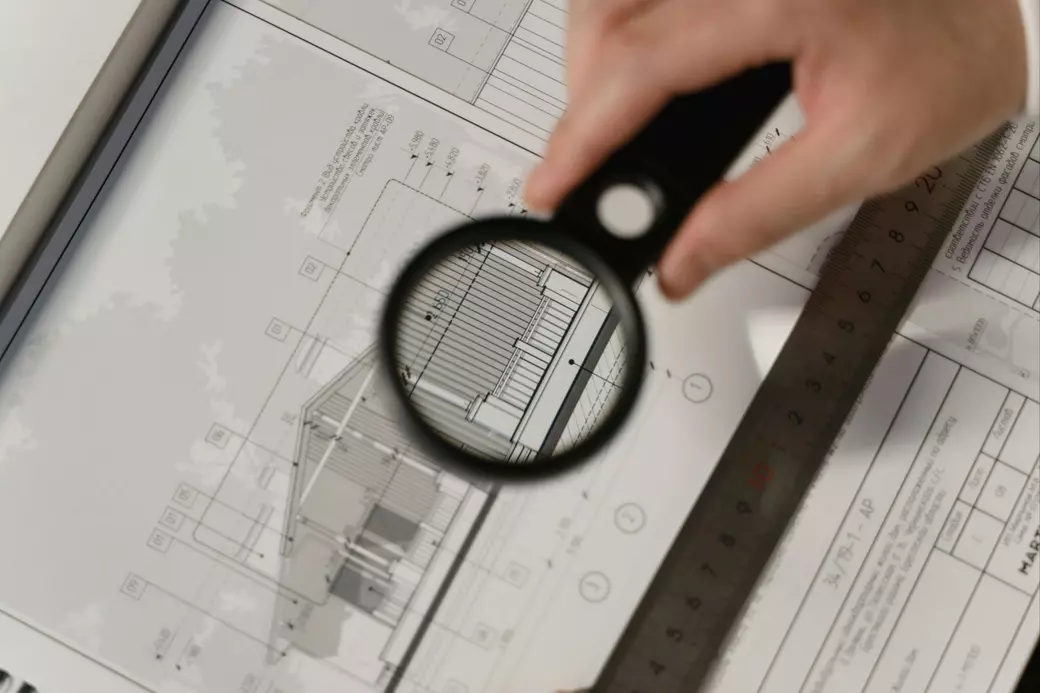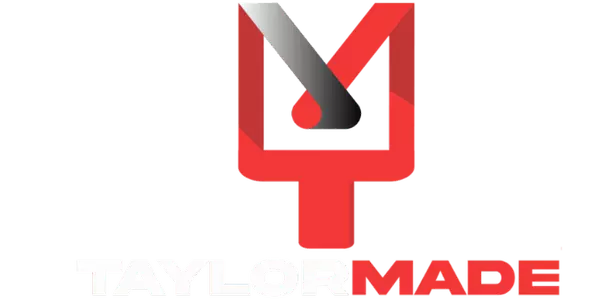Navigating the Home Inspection Process

When it comes to buying or selling a home, the home inspection process is a crucial step that can significantly impact the transaction. For first-time buyers and sellers, understanding this process can seem daunting. However, with the right information, both parties can navigate it smoothly and make informed decisions.
Understanding Home Inspections
A home inspection is an examination of the property’s condition conducted by a qualified professional. It typically covers various aspects of the home, including structural integrity, electrical systems, plumbing, roofing, and more. The goal is to identify any potential issues that could affect the property's value or safety.
For buyers, a home inspection serves as a safeguard against unexpected repairs and expenses down the line. For sellers, it provides an opportunity to address issues before listing the property, potentially increasing its market value and appeal.
Importance for Buyers
For first-time buyers, a home inspection is not just an optional step; it’s essential. Here are some key reasons why:
1. **Peace of Mind**: Knowing that a professional has evaluated the property helps buyers feel more secure in their investment. It reduces anxiety about hidden problems that could arise after closing.
2. **Negotiation Power**: If significant issues are discovered during the inspection, buyers can negotiate repairs or price adjustments with sellers. This could mean asking for repairs before closing or requesting a credit to cover future repair costs.
3. **Budgeting for Future Expenses**: A thorough inspection report provides insight into potential future repairs or replacements needed within the next few years. This allows buyers to budget accordingly and avoid financial surprises.
4. **Safety Concerns**: Home inspections also focus on safety hazards such as faulty wiring or mold presence. Addressing these issues early can protect both health and finances.
Importance for Sellers
Sellers should also prioritize home inspections for several reasons:
1. **Enhancing Marketability**: A pre-listing inspection shows potential buyers that you are transparent about your home's condition. This builds trust and can make your property more appealing compared to others on the market.
2. **Identifying Issues Early**: By having a professional inspect your home before listing it, you can identify any problems that may need fixing. Addressing these issues upfront can prevent them from becoming deal-breakers during negotiations.
3. **Setting Realistic Expectations**: An inspection can provide valuable insights into your home's current condition and help set a realistic asking price based on its true value.
4. **Reducing Time on Market**: Homes with fewer known issues tend to sell faster than those that require extensive repairs or have undisclosed problems.
The Inspection Process
The home inspection process generally follows these steps:
1. **Choosing an Inspector**: Both buyers and sellers should research qualified inspectors in their area. Look for professionals who are certified and have good reviews from past clients.
2. **Scheduling the Inspection**: Typically, inspections take place after an offer has been accepted but before closing. For sellers opting for pre-listing inspections, this step occurs before listing their property.
3. **Conducting the Inspection**: The inspector will examine various components of the home over several hours—usually between two to four hours depending on the size of the property.
4. **Receiving the Report**: After completing the inspection, the inspector will provide a detailed report outlining findings along with photographs of any issues discovered.
5. **Next Steps**: For buyers, this means reviewing the report carefully and discussing any concerns with their real estate agent to determine how best to proceed—whether negotiating repairs or moving forward with purchase plans as-is. For sellers, this may involve making necessary repairs or adjusting their listing price based on findings.
Tips for First-Time Buyers and Sellers
- Stay Informed: Familiarize yourself with common issues found during inspections (like roof damage or plumbing problems) so you know what to look out for.
- Be Present During Inspections: If possible, attend the inspection as it allows you to ask questions directly to the inspector and gain firsthand knowledge about your potential investment or what needs fixing in your current home.
- Use Findings Wisely: Whether you’re buying or selling, use the findings from inspections strategically in negotiations to achieve favorable outcomes.
- Don’t Skip It! Skipping an inspection might save time initially but could lead to costly surprises later on—something no buyer or seller wants to face.
In conclusion, whether you're stepping into homeownership for the first time or selling your beloved property, understanding and navigating through the home inspection process is vital for making informed decisions that protect your investment and ensure peace of mind throughout your real estate journey.
Categories
Recent Posts










